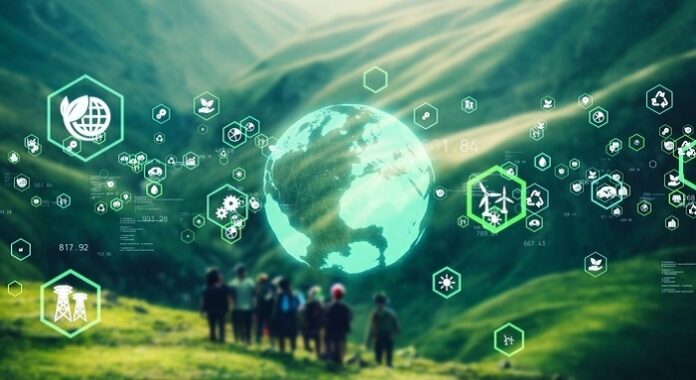In an era defined by technological strides, the confluence of digital platforms and humanitarian endeavours holds unprecedented significance. Recent events, notably the seismic tremors that shook Morocco, underscore the profound impact of online platforms in fostering disaster awareness and fundraising. Today, we delve into the transformative role of technology in galvanising support during emergencies, with a focus on the power of an earthquake appeal.
The Power of Digital Connectivity
In the ever-shifting realm of disaster response, online platforms have emerged as potent tools for swift awareness and fund mobilisation. The instantaneous nature of social media transforms it into a real-time information nexus. This interconnectedness ensures rapid global dissemination of critical updates, rallying individuals worldwide to respond promptly.
Recent Morocco Earthquake Emergency Appeals exemplify the efficacy of employing digital platforms for disaster awareness. Through strategic utilisation of social media channels and targeted online campaigns, organisations disseminated information swiftly, urging global citizens to contribute to the relief efforts.
The Ripple Effect of Online Fundraising

Beyond raising awareness, digital platforms streamline the fundraising process, offering a convenient and immediate avenue for charitable contributions. The transparency inherent in these platforms, coupled with seamless transactions, encourages a broader spectrum of individuals to engage in philanthropy.
As we navigate the digital landscape, it is imperative to acknowledge the importance of connecting willing contributors with organisations in need. Earthquake appeals seamlessly integrate into this digital ecosystem, providing secure online platforms for individuals to contribute to the relief efforts.
Linking Hands: A Call for Global Solidarity
In the ethos of digital solidarity, the focus extends beyond individual contributions to collaborative efforts. Online platforms serve as virtual meeting points, uniting individuals, organisations, and communities to amplify their collective impact.
While discussing the role of online platforms in disaster relief, it is crucial to remember the human narratives behind the statistics. Each donation, irrespective of its size, signifies a connection between those eager to help and those in dire need. Earthquake appeals encapsulate this spirit, fostering a sense of a global community united in facing adversity.
Navigating the Digital Landscape Responsibly
Amid the myriad opportunities, responsible online engagement becomes paramount. Verifying the authenticity of fundraising campaigns and directing contributions to reputable organisations with a proven track record in disaster relief is essential.
The Global Tapestry of Hope
The digital realm has revolutionised our response to disasters, rendering the world a more interconnected space. Earthquake appeals stand as poignant testaments to harnessing technology for the greater good. As we traverse the online landscape, let us bear in mind that each click, share, and donation contributes to a digital tapestry of hope, linking us all in moments of crisis.
Embracing a Future of Digital Philanthropy
Looking forward, the integration of technology and humanitarian efforts promises a future where digital philanthropy becomes even more impactful. Innovations like blockchain technology can enhance transparency in donation tracking, assuring contributors that their support reaches the intended recipients efficiently.
Furthermore, virtual reality (VR) and augmented reality (AR) applications could immerse donors in the real-time experiences of affected regions, fostering a deeper understanding of the impact of their contributions. This evolving landscape exemplifies the limitless potential of technology in shaping the future of humanitarian aid.
Unveiling the Potential of Tech-Driven Disaster Preparedness
Beyond response, technology plays a pivotal role in disaster preparedness. AI-powered predictive analytics can anticipate potential disaster scenarios, allowing organisations to strategise and mobilise resources proactively. Drones equipped with advanced sensors can survey affected areas, providing real-time data for more effective decision-making.
In essence, the fusion of technology and humanitarianism is not merely reactive but extends to proactive measures, potentially mitigating the severity of disasters and their aftermaths.





